Oceans
Science News for Students articles on oceans
-
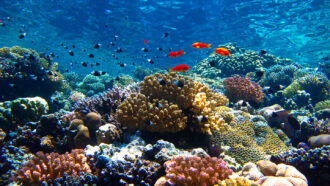 Oceans
OceansShading corals during midday heat can limit bleaching
Shading coral reefs during the sunniest part of the day may help corals survive marine heat waves.
-
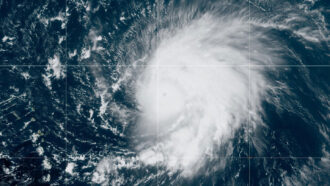 Oceans
OceansExplainer: Why are so many hurricanes strengthening really fast?
This dangerous trend appears relatively new — and growing. Studies also have begun linking it to our warming world.
-
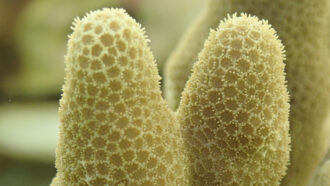 Animals
AnimalsAdult corals have been frozen and revived for the first time
Living corals could be frozen for safekeeping. Scientists could later revive them to restore reef ecosystems that are withering in warming seas.
By Nikk Ogasa -
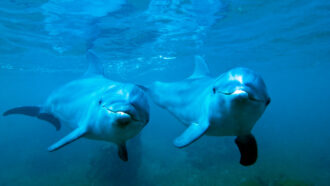 Animals
AnimalsToothed whales use their noses to whistle and click
Much as people do, toothed whales, such as dolphins and sperm whales, make noises in three different vocal registers.
-
 Climate
ClimateLet’s learn about why summer 2023 was so hot
Human-caused climate change has played a big role in this summer’s historic heat.
By Nikk Ogasa -
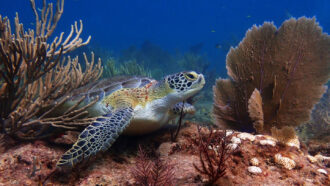 Oceans
OceansSummer 2023 is when the ocean first turned ‘hot tub’ hot
Unfortunately, scientists worry that this atypical sea warming may actually be the beginning of an unwelcome new ‘normal.’
-
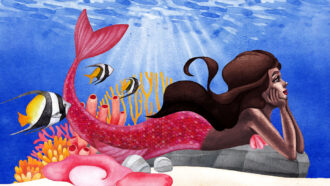 Oceans
OceansHow would a mermaid sound underwater?
Human ears don’t work well in the water. A mermaid would need marine creature features to talk to and understand her aquatic friends.
-
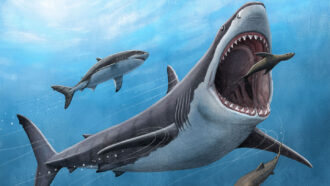 Animals
AnimalsMegalodons may have become megahunters by running hot
O. megalodon sharks were warm-blooded mega-predators. But when food sources dwindled, colder-blooded sharks may have had an evolutionary edge.
-
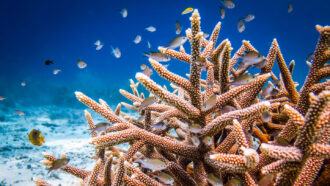 Animals
AnimalsScientists Say: Coral
Over 4,000 species of fish make their home among the reefs created by these colony-dwelling marine animals.
-
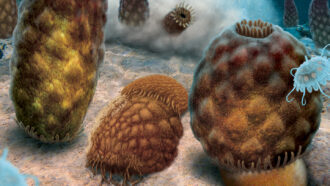 Fossils
FossilsAncient jellyfish? Upside down this one looks like something else
A new look at an ancient sea animal called Essexella suggests it may have been a type of burrowing sea anemone, not a floating jelly.
By Meghan Rosen -
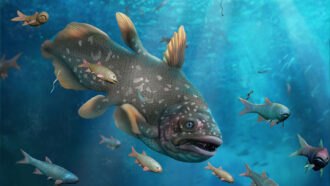 Fossils
FossilsOcean life may have bounced back after the ‘Great Dying’
Marine ecosystems may have been back in action just a million years after the most severe extinction event known.
By Nikk Ogasa -
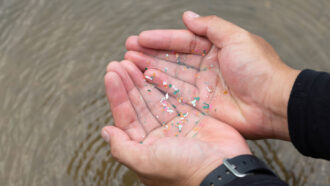 Environment
EnvironmentSea life may suffer as plastic bits alter metals in water
This interplay between plastics and metals could affect how each affects the environment — and suggests opportunities for controlling their risks.